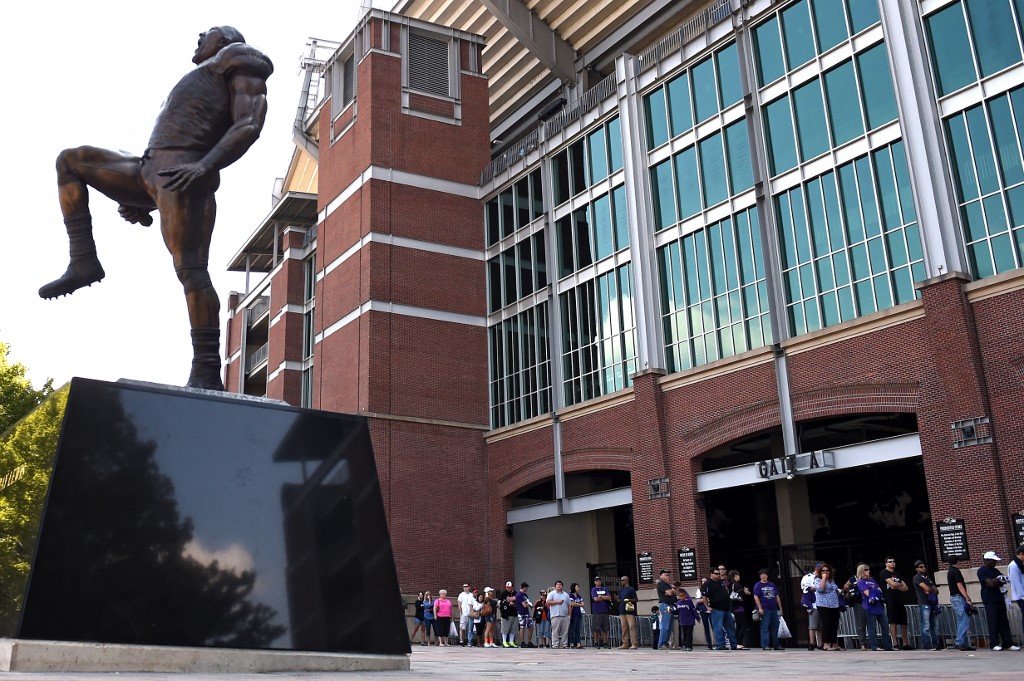Two Maryland legislators have reintroduced online casino gaming bills and are hoping they fare better than in the last legislative session, where neither gained traction.
Back to the Drawing Board
Senator Ron Watson has been a champion of online casino gambling but has yet to convince enough of his fellow legislators to do the same. Watson led the charge for iGaming in the 2024 legislative session, but his bill failed to pass the General Assembly.
However, Watson remains undeterred and has filed the newest iteration of his online casino gambling bill, SB 340, which he hopes will lead to a referendum on the 2026 ballot. It begins its long legal journey in the Senate Budget and Taxation Committee.
Watson has a comrade-in-arms in Delegate Vanessa Atterbeary, who has also reintroduced her iGaming legislation in the form of HB 17. Like Watson, Atterbeary’s online casino bill also died on the legislative vine last year.
Watson’s most recent bill would grant casino operators, sports betting providers, and VLT operators the ability to offer online casino platforms. The bill would allow for live online casino table games, and those revenues would be taxed at 20%, while slots would be hit with a substantial 55% tax.
Cannibalization Concerns
Only seven states offer iGaming despite it being a much more lucrative revenue source than the more prevalent mobile sports betting found in 30 states plus the District of Columbia and Puerto Rico. It has been a much easier sell to fellow legislators as there is little pushback from casino operators and union leaders.
However, online casino gambling hits much closer to home for land-based casino operators and the thousands of union jobs attached to those properties. They believe granting access to 24-hour casinos via mobile devices and PCs is a mortal threat to cannibalize their business and trigger union job losses as well.
There is also the concern of online casinos triggering addictive behavior and leading to societal ills because of it. At a recent hearing in Louisiana regarding the possibility of bringing iGaming to the Pelican State, the state’s Gaming Control Board Chairman Chris Hebert said it’s a question of regulation.
”One thing to travel to a casino and game, but it’s another thing to be able to do it from your couch,” Hebert said. “Those present real problems. As regulators, that is not lost on us.”
A New Approach
Senator Watson believes he has learned his lesson well and has vowed to take a different tact this year with his new iGaming measure.
“I would have done things a whole lot different,” Watson said. “I thought we had our ducks in a row. We needed more.”
“We need to treat it like a campaign,” Watson added. “The person who introduces the legislation is just the quarterback. In this case, you need a whole team behind you.”
When asked about the onerous 55% tax rate, Watson said it was high to ameliorate any concerns that legislators have about the juice not being worth the squeeze and perhaps establishing a fund for casino operators who may sustain losses.
“I gotta sell this thing,” Watson said of the high tax rate.
“We have to give them a real deal measure,” he added.







